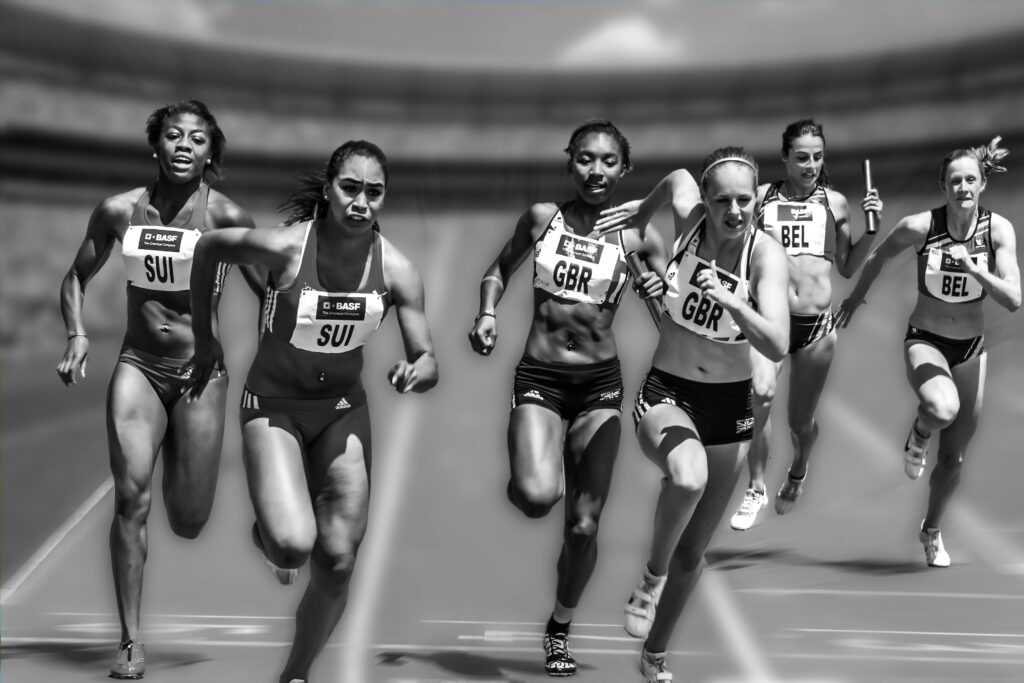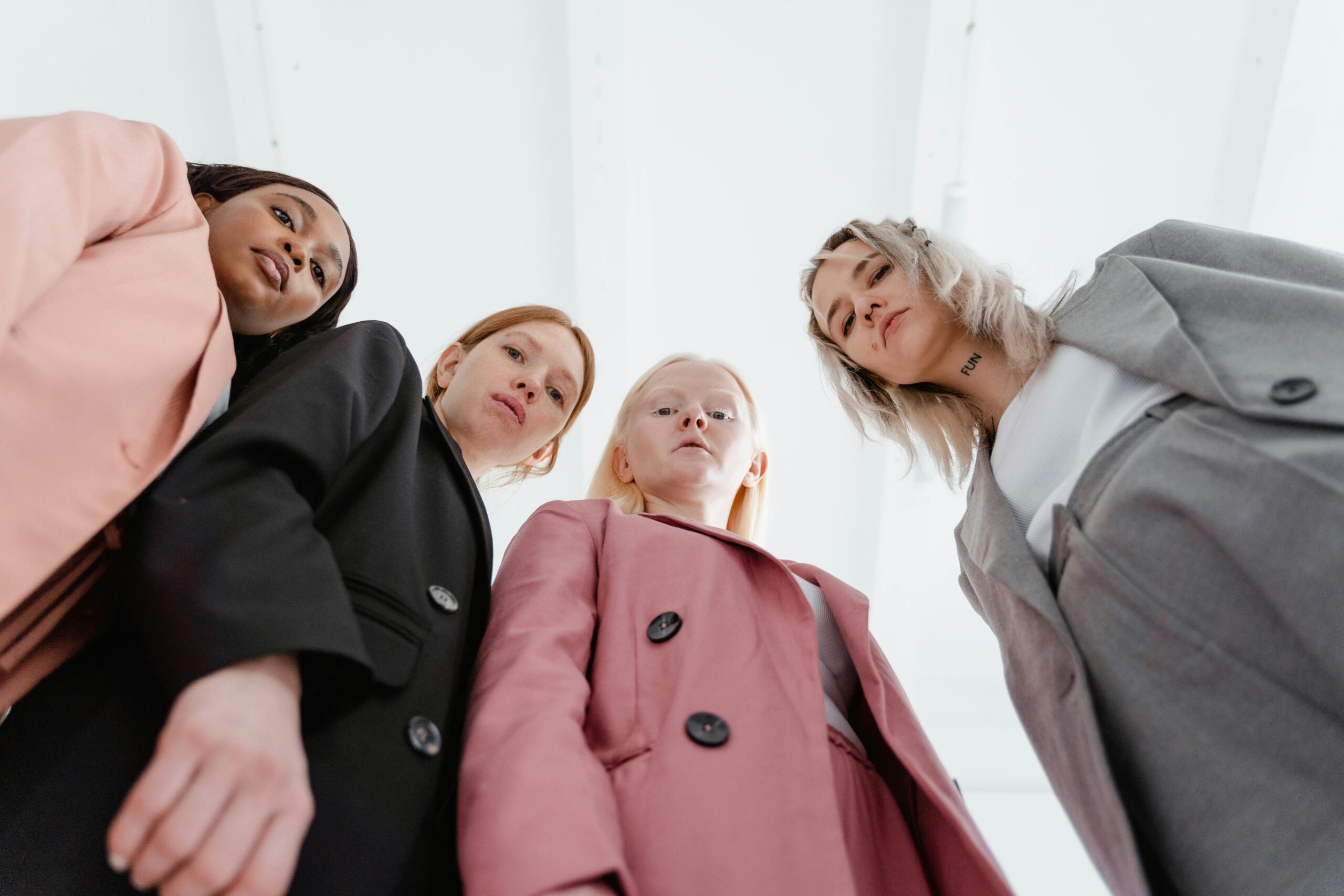In the grand arena of sporting excellence, the Olympic Games symbolize the pinnacle of human athletic achievement. Athletes from around the globe converge, bound by a shared passion for competition and an unwavering commitment to their craft. Yet, behind the glitz and glory, lies a persistent issue that continues to cast a shadow over the Olympic movement: the glaring gap in prize money and sponsorship opportunities between male and female athletes.
In recent years, there has been a growing chorus of voices advocating for equity in prize money and sponsorships for female athletes in the Olympics. While strides have been made in promoting gender equality in various aspects of sports, the disparity in financial rewards remains a stubborn obstacle on the path to true inclusivity and fairness.
One of the most glaring manifestations of this inequity is evident in the prize money awarded to Olympic medalists. Historically, male athletes have received significantly higher cash rewards for their achievements compared to their female counterparts. This glaring gap not only undermines the value of women’s contributions to the sporting world but also perpetuates the notion that their accomplishments are somehow less worthy of recognition and remuneration.
Take, for example, the case of tennis, a sport that has long been at the forefront of the battle for gender equality in prize money. Despite the strides made in professional tennis, with major tournaments like Wimbledon and the US Open offering equal prize money to male and female competitors, the same cannot be said for the Olympic Games. In the 2020 Tokyo Olympics, male tennis players received nearly double the prize money awarded to their female counterparts for singles events. This disparity sends a clear message that, even in the world’s most prestigious sporting event, gender equality remains an elusive goal.
Beyond prize money, sponsorship opportunities present another frontier in the fight for equity in Olympic sports. Major corporate sponsors often invest heavily in male athletes, showering them with lucrative endorsement deals and sponsorship agreements. Meanwhile, female athletes struggle to secure comparable opportunities, facing systemic biases and outdated stereotypes that hinder their ability to attract sponsorship dollars.
The lack of sponsorship not only deprives female athletes of much-needed financial support but also perpetuates a cycle of inequality, limiting their access to resources and opportunities for advancement. Without adequate sponsorship, female athletes are left to navigate a landscape dominated by male-centric narratives and marketing campaigns, further marginalizing their voices and contributions.
However, amidst the challenges, there are signs of progress and hope. A growing number of organizations and advocates are working tirelessly to dismantle the barriers that stand in the way of gender equality in sports. Initiatives such as the International Olympic Committee’s (IOC) gender equality review project and the Women’s Sports Foundation’s advocacy efforts are helping to raise awareness and drive meaningful change.
Moreover, athletes themselves are stepping up to challenge the status quo, using their platforms to demand fair treatment and equal opportunities for all. From social media campaigns to grassroots movements, athletes are amplifying their voices and pushing for tangible reforms that prioritize equity and inclusion.
As we look ahead to the future of Olympic sports, it is imperative that we redouble our efforts to create a level playing field where all athletes, regardless of gender, have an equal chance to succeed and thrive. This requires not only addressing the systemic barriers that perpetuate gender inequality but also fostering a culture of inclusivity and respect within the sporting community.
In the end, the fight for equality in prize money and sponsorships in the Olympics is about more than just dollars and cents. It is about recognizing the inherent worth and dignity of every athlete, regardless of their gender, and ensuring that the Olympic Games truly live up to their ideals of excellence, friendship, and respect. Only then can we truly claim victory in the pursuit of equality on and off the field of play.







